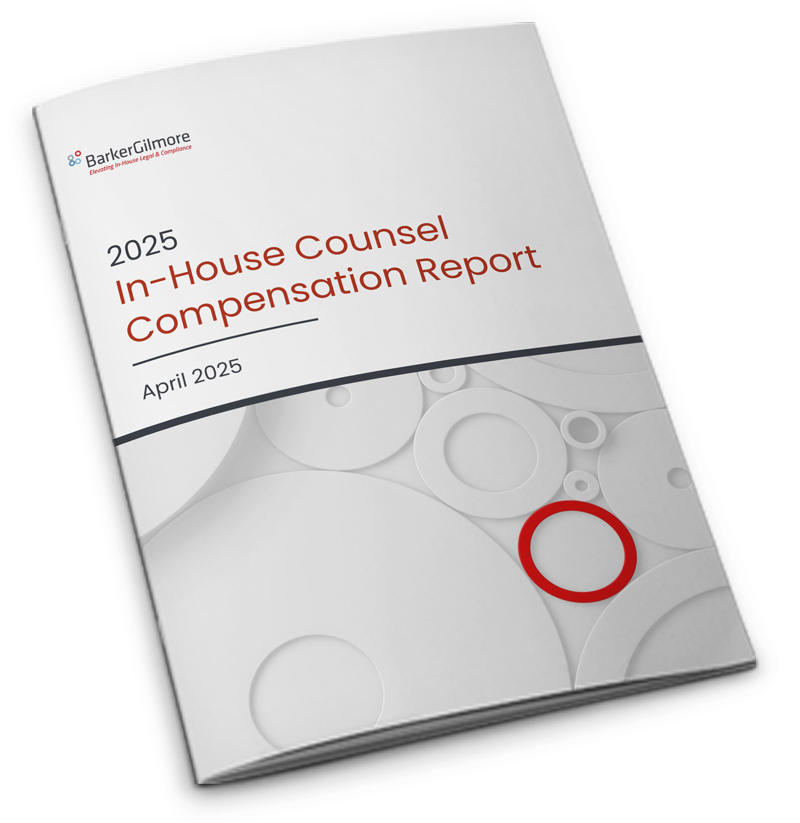As in all companies, internal expectations vary between business units. Of these various relationships, one of the most dynamic and complex exists between business and legal, sometimes leading to occasions where the business places unrealistic expectations on the law department. To navigate this incongruity, I reached out to several sitting General Counsels from organizations of all sizes and compiled some of the issues and solutions below. In the end, communication and a strong relationship with the business prove to be most valuable.
The most unreasonable expectations placed on the law department by the business:
- They’re usually related to timing and outcomes. The business often feels there must be a black-and-white solution to every problem, and often expects responses in a time frame that is unrealistic given the complexity of the issue.
- Another expectation is that the law department completely owns risk for the entire company. In reality, a great deal of the risk is business risk, and while the law department may be the steward of that risk, the business needs to accept responsibility and accountability for it. In a contract negotiation, for example, the company’s positions largely reflect business or financial risks, yet the legal team shoulders the brunt of the critique.
- The business expects in-house counsel to have a crystal ball and be able to accurately predict the future. Unlike in the past, statutes and regulations are moving and changing at an exceedingly fast pace especially in areas like artificial intelligence, the Internet, and privacy. It is impossible to predict where the regulators will land on various issues while you are trying to help the business team move forward with new strategies and technologies. The business gets frustrated when the lawyers simply don’t know what the outcome will be.
- The business expects the law department to adhere to a litigation budget. Seventy-five to eighty percent of the time, quarterly reforecasts for the large cases are accurate, but things change quickly and can vary widely. The inability to completely forecast legal expenses is frustrating for the business. Oftentimes it’s not even the legal department responsible for the inconsistencies. The opposing side, the presiding judge, or, as frequently happens, the business itself can be responsible for fluctuations in legal spend.
How to manage unreasonable legal department expectations from the business:
If a business unit is being unreasonable in its expectations, it is imperative for legal departments to begin managing those expectations early. Managing can be as simple as informing. Educating the business team is almost always the solution for diffusing tense business relationships.
In-house lawyers have multiple clients and stakeholders for each matter, from the business unit the matter arose in to supervisors all the way up the management chain. Each stakeholder needs to have a reasonable expectation of the progress of the matter. It follows, then, that reasonable expectations need to be set by the person with the most knowledge concerning that matter – that’s normally you, the in-house legal counsel.
To manage expectations, you need to fully understand the matter including the following:
- the steps needed to get to closure;
- what steps you can 100% control;
- whether and at what point other parties need to be involved or events need to occur;
- whether you have control over those parties and/or events; and
- how long each of those steps will reasonably take.
Once you understand the matter in this way, you can discuss and settle on reasonable expectations with the client and stakeholders.
To put this in context, you may find yourself responsible for managing a complex litigation in which a financially material resolution is at stake. Based upon their own prejudices and experience, various stakeholders might unreasonably expect a successful resolution and, further, within the current fiscal year. Unless you openly and fully share your expectations as to the merits and the timing of the matter early in the process, the client and stakeholders are bound to be disappointed in the result and, ultimately, in you. Alternatively, if you communicate early and often, then you, the client, and stakeholders remain on the same page, and collectively share in the joy of victory or the agony of defeat. In either case, the team remains cohesive.
Explaining why the analysis is complex usually leads to a better understanding, but the first issue is tricky. While a “legal” solution may be found, it may not fully respond to the desires of the business. The trick is to fulfill the need, even if the desired outcome cannot be obtained.
It is also worth mentioning that successfully managing expectations in the long term requires that the lawyer delivers upon promises. Always. Business folks become allies and have reasonable expectations of performance when they know what to expect and can rely on milestones being met. If the lawyer has the right relationship in place, everyone will take the good – and the bad – as a team.
Contact BarkerGilmore for Recruiting and Coaching Services
BarkerGilmore is a boutique firm recognized by CEOs, boards, and executives as best-in-class Legal and Compliance executive search consultants, GC and CCO advisors and leadership coaches. We provide executive recruiting services and legal advisory services from the top talent in the business. Contact BarkerGilmore today to learn more.
John Gilmore is co-founder and Managing Partner at BarkerGilmore. With three decades of experience in executive search, he has managed the successful placement of General Counsel and Chief Compliance Officers, and helped those leaders build their law departments and compliance organizations.
Connect with a legal recruiting advisor
* indicates required fields




